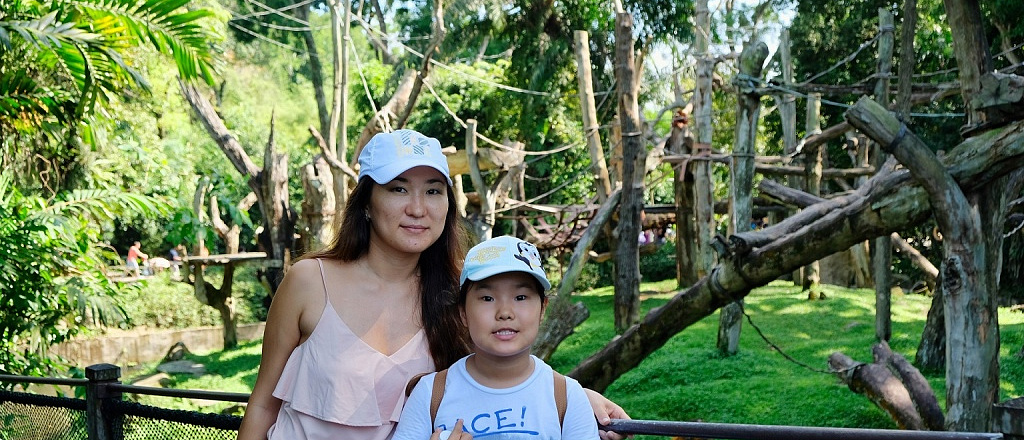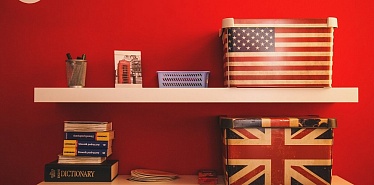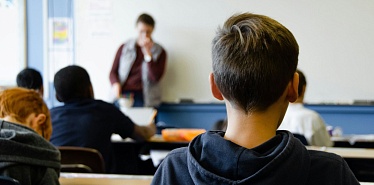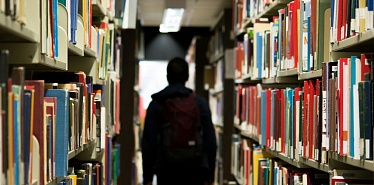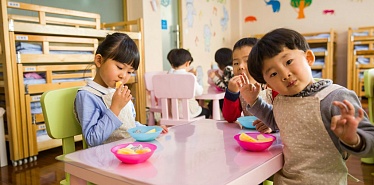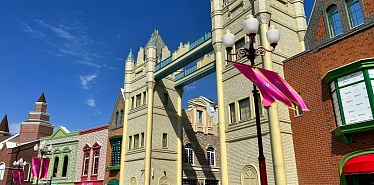Lyubov Melnikova, 44 years old, hometown — Khabarovsk, a consultant for public relations Abuturient_Plus
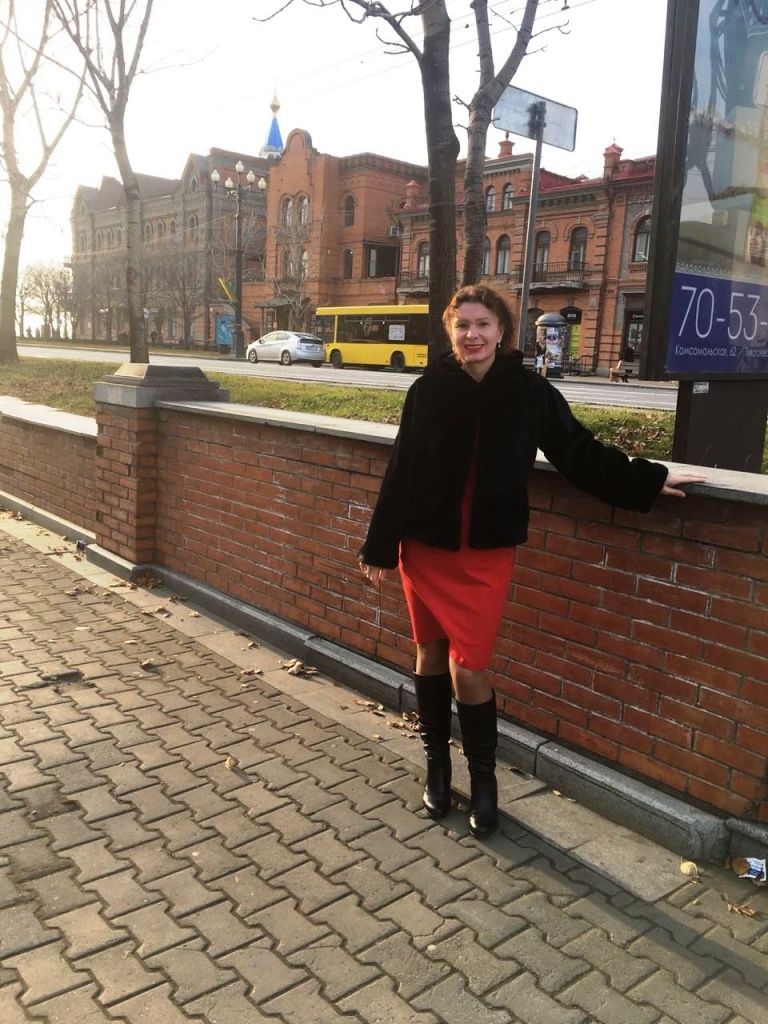
I work in the Abiturient Plus project, which has been around for five years. We help you to register for studies in any institution abroad, from language courses to master's degree. We cooperate with many educational institutions, but most of all we know about education in Singapore.
About the features and advantages of the education system in Singapore
Singapore's education system is one of the youngest in the world and at the same time almost the most effective. The basis of the educational process was the British system as a legacy of the post-colonial state. Special attention is paid to the school system.
Here, as in many other countries, school starts at the age of six, and school education is divided into the primary, middle and high. The system is based on the principle of comprehensive development of personal qualities, development opportunities both at school and outside it. The approach to students is strict but at the same time individual. The school aims to help each child identify and develop talents. Great importance is given to the ability to think outside the box.
The difference in teaching methods and development of students can be observed at two top schools: Anglo-Chinese School and Raffles School. These are the most exemplary schools. It is in them that everyone wants to get. But education in these schools is as different as heaven and earth. Raffles School traditionally produces scholars-excellent students of organized and orderly thinking, who become Ministers, employees of government agencies, employees in various organizations. Anglo-Chinese School produces the best bankers, businessmen and entrepreneurs. Here attention is paid to non-standard thinking and creativity. The best doctors, lawyers, bankers of Singapore are graduates of this school.

These schools compete with each other. And graduates make friends for life. Raffles different manners, a consequence that Anglo-Chinese believe the stiffness, boredom. Anglo-Chinese graduates are usually high-profile, freely discussing their earnings and a new Ferrari in a cafe, which by Raffles standards is considered unmannerly.
But not only these two schools produce honours. Most Singapore graduates graduate from high school with high results. This is evidenced by the statistics of PISA, in which Singapore ranks 1st in all three categories: mathematics, science and reading.
About the disadvantages
The education system would be positively affected by a shift away from grades in primary school, a reduction in the amount of homework, more work in groups that will promote cooperation rather than competition, a more relaxed atmosphere of the class.
Finland's experience shows that the best results are achieved by the happiest children, and this is greatly facilitated by the abandonment of grades in school. Children in Singapore's schools are overloaded with examinations. They pass them in the transition from primary school to secondary, from high to high. During such periods, the child's workload is up to 12 hours a day. This is a huge workload.
Tatyana Stein, 32 years old, hometown — Novosibirsk, founder and headmistress of the school of geniuses «Ein&Stein» — a network of additional education centres in Novosibirsk and Yekaterinburg
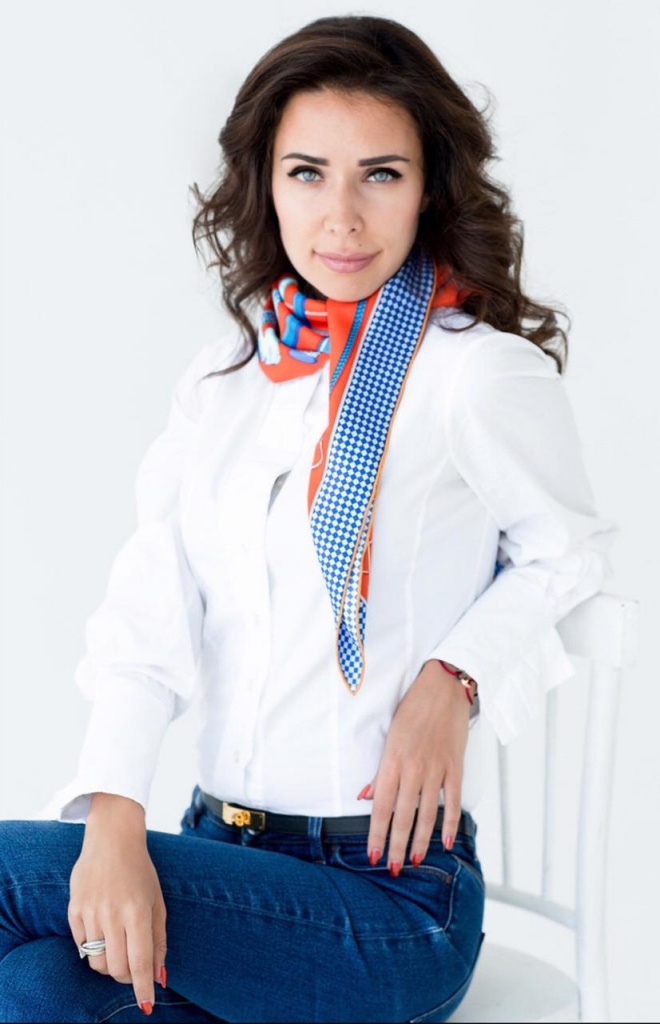
I am a mother of four children, who was inspired by the experience of international educational programs at a time when she lived abroad with her young children. Three years ago I decided to bring these methods to Russia.
I was in Singapore for the first time a few years ago. I regularly attend educational conferences and communicate a lot with partners who work on the same mathematical methods as we do. A few weeks ago in Singapore, we had a meeting with the Ministry of education, there were another school tour and a tour of kindergartens. I have been to local public schools and private schools.
About the features and advantages of education in Singapore
Singaporeans do not have access to private schools. As a rule, private schools are American, European and British. They teach children of expats. The conditions in private and public schools are different. But in this sense, Russia, Kazakhstan and Singapore by the type of organization of classes similar to the Singapore state schools. They have a lot of students, about 30 children in the class.
Singapore is a top country in the field of education. In many ways, it is the merit of families. Children have a huge number of extra classes after school, and they are very busy. But the high level of competition determines such a frantic pace. It is not easy to enter public universities, which are not so many.
Those who have been unable to enter a state University either go to private universities or go abroad. But, usually, everyone comes back, because in Singapore the state from an early age lays the motive of service in children. The state is trying to create all conditions and opportunities for economic growth and comfortable living in the country. Therefore, it expects the citizens to contribute to the prosperity of the country.
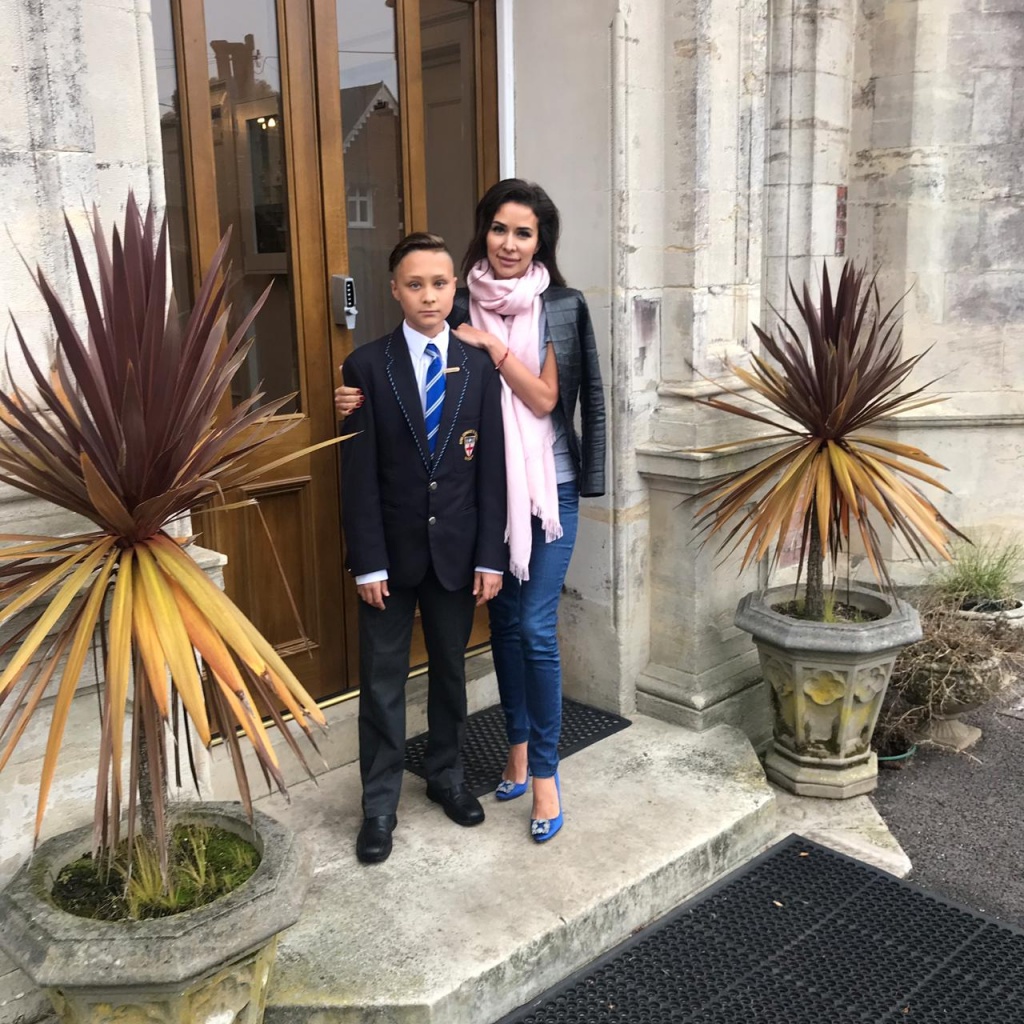
I like how the system of teaching is built. There are one teachers' training University, where they teach teachers. There's an incredibly big competition. After school, children should not only have good knowledge but also grades. They pass tests which show how personal qualities of the person correspond to teaching activity. Accordingly, the University is ready to take only 70 students in one year. As soon as a student enters the Pedagogical University, he becomes an employee of the Ministry of education and forever tied to the Ministry. He has a position, all the benefits, support. This training is free. If a graduate begins to work at school and after a few years realizes it is not him, he is tired, he goes to another administrative activity in the school or Ministry.
Professional development of teachers takes place every week. The whole staff of the school gathers in the hall, a Ministry employee, or other specialists come and conduct training on any topic. Children at this time are engaged in physical activity, and teachers are trained for several hours, and then come back to conduct their lessons. It's an amazing experience. After this training, they all speak the same language, every week they grow. Singaporeans take the best educational methods, ideas and immediately adapt and apply them in the country.
About the disadvantages
On the one hand, school principals in Singapore have state standards that they follow, and on the other, they have some freedom. The Director, coming to his place, chooses the policy and strategy of the school for several years. But when the headmasters changes and this happens often, comes another, whose strategy may differ. And such major changes occur in schools all the time.
Ekaterina Zhirnova, 35 years old, hometown — St.Petersburg, energy practitioner
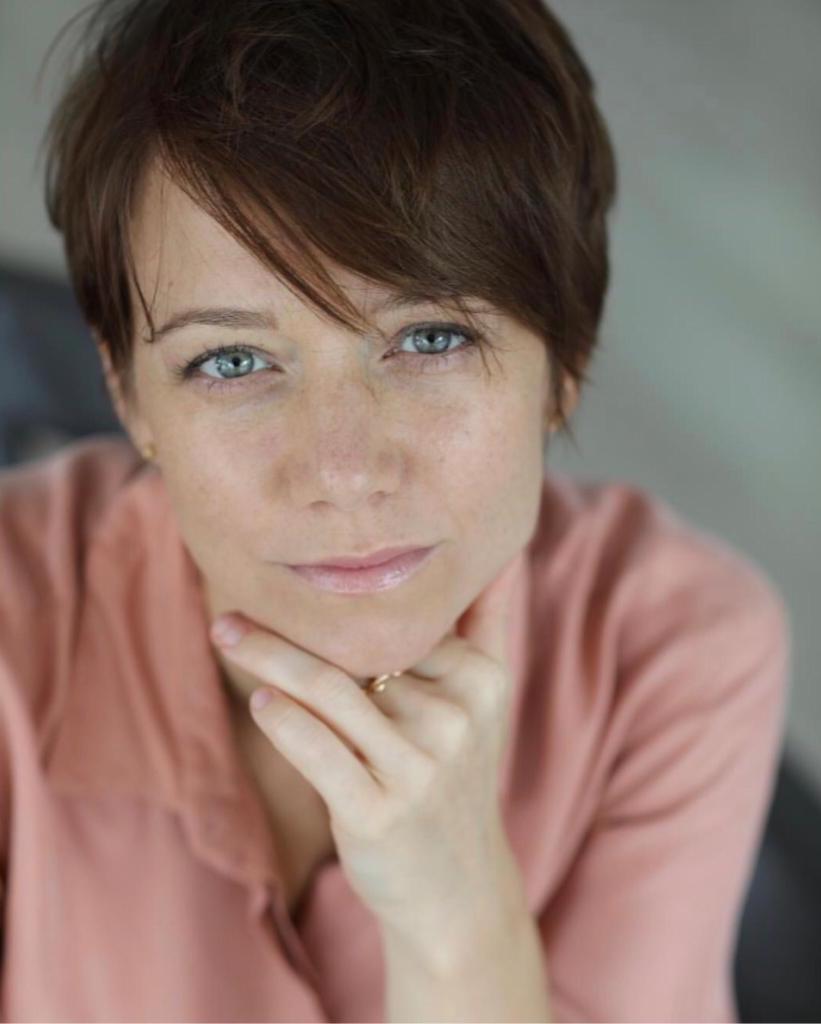
We are from St.Petersburg, lived in Moscow for a long time, then in Paris. Europe did not suit us according to the rhythm of life and the school system, and we moved to Singapore. It is a thriving island, safe and tolerant city.
About the features and advantages of education in Singapore
Some local schools are designed for the local population, and there are international schools.
In local schools education is free, but there is a strict approach. Local schools also have many problems with education. In classes of 40 people, stuffy, children are heavily loaded. The island produces nothing, and it develops at the expense of human resources. Life here is expensive. To be here, people have to be smart. Therefore, children have a lot of stress. After the main school, there are personal classes with teachers. Also, in local schools only recently cancelled the entrance examinations to the first class, because the kids because of stress fell into depression. Children's psyche cannot withstand the race of the parents for the evaluations and the need to be better.
Education in international schools costs about 4,000 Singapore dollars, which is about 200 thousand rubles a month. The level of education is low. In these schools, do not ask the job, do everything to keep the children, as the training costs good money.

There is a third option — a school for the middle class. This is the school we go to. The level of education in them is much higher, and after these schools, children can enter foreign universities.
We went to Singapore and knew we would study in 5 Steps Academy. The school was organized by a Russian psychologist from Moscow. Here, an individual approach to learning, each child is engaged in its own mode. As soon as they graduate from school, they go to the British Embassy, take a test in a particular subject, receive a certificate and have the right to enter universities. A certificate is the same as a certificate, but it is issued by the Consulate.
Our school is located in the centre of Singapore. The daughter takes home from the school bus. Five days a week she has main classes: Russian, Chinese, English, mathematics. Plus one additional lesson-music, chess, drawing, karate, programming. On Saturdays, the development of speech and another lesson General occupation, in addition to swimming. Lessons last for 45 minutes.
When we came here, my daughter was four and a half years old, now she is six. For a year and a half, she learned to read, write, speak English and Chinese, knows mathematics for several classes.
I am satisfied with our school: individual education, a lot of developing circles, no grades. The essence of this school is to teach the child to learn, not to memorize something. Teach to learn and make like the process. Children do not feel stress because they do not know anything. The child thoroughly studies each subject in its own mode, and the results speak for themselves.
About the disadvantages
The island is small, and if the kids do not pass exams, they do not go to universities and get into colleges, and here it is unappreciated. To get a job in Singapore, you must have a higher education and be competitive.
Elizaveta Nikolaeva, 32 years old, hometown — Ulan-Ude, Republic of Buryatia, Russia
Our family moved to Singapore a year and a half ago from China, where we lived for nine years. Moving to Singapore involves the husband's new job.
About the features and advantages of the education system in Singapore
I didn't know anything about education in Singapore before moving, and I wasn't even interested, because I didn't plan to move here. My daughter was in the first grade at a Chinese school at that time. And I was not very happy with Chinese education.
Now the daughter is in the third grade in Singapore At the international school for expats. I'm happy.
Singapore's schools are divided into public and private — international. I can talk about international private schools. Our school is taught on the basis of the English system and adheres to the standards of the Singapore Ministry of education for mathematics and Chinese language classes.
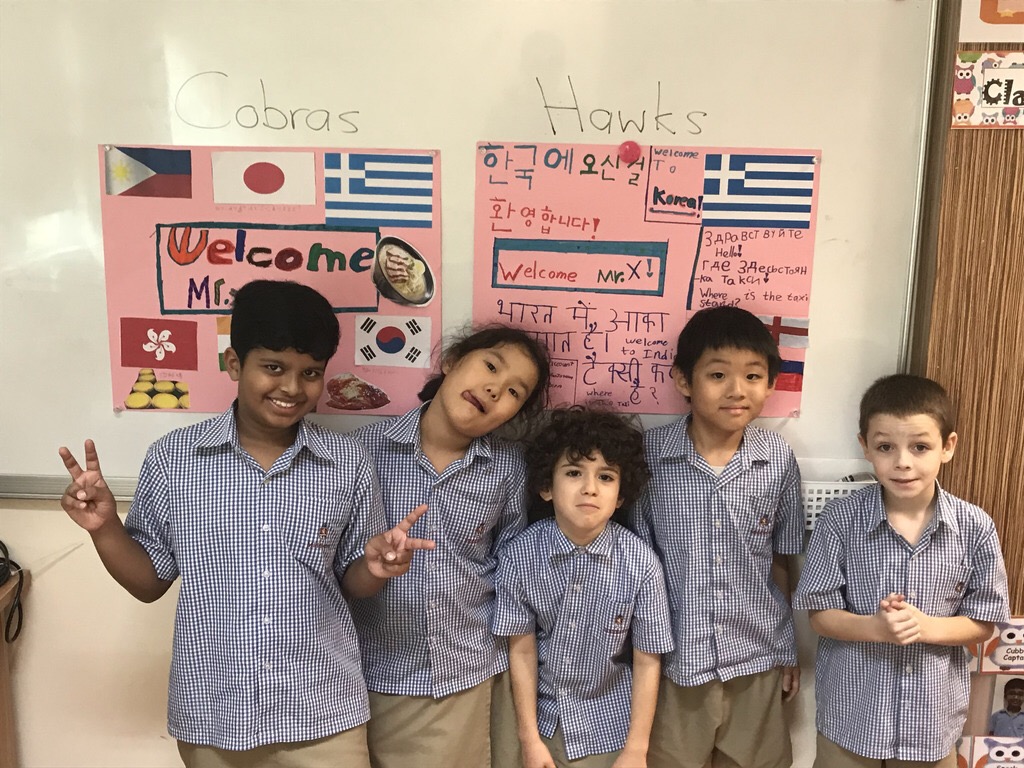
Advantages: not academic bias does not set a lot of homework, engaged in a project: one topic can last one month. During this period, children create products, work in a team, make presentations. Also here develop the creative side of thinking, participation. All teachers are kind, do not raise their voices to the child, which can be unsaid about the Chinese school.
I consider learning Chinese to be an advantage as it is spoken by a fifth of the planet.
The school adheres to an altruistic system of values — children participate and volunteer in various organizations, for example, singing songs in a nursing home. Often organize the entrance to museums, parks.

About the disadvantages
Since me myself studied academically, I would like to see more emphasis on subjects. To give more homework, it organizes the child in discipline. For primary school this system is perfect, but from high school, we will try to enrol in local public schools. There academic training, great emphasis on mathematics, exact subjects, languages.
It seems to me that children are unpointed to mistakes in homework. All errors are forgotten and sometimes not even checked.







